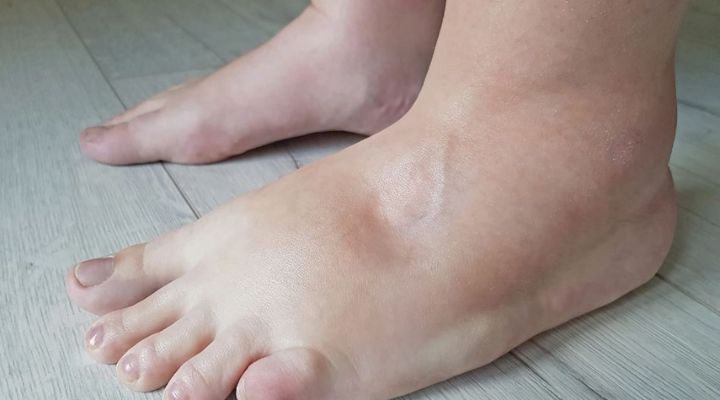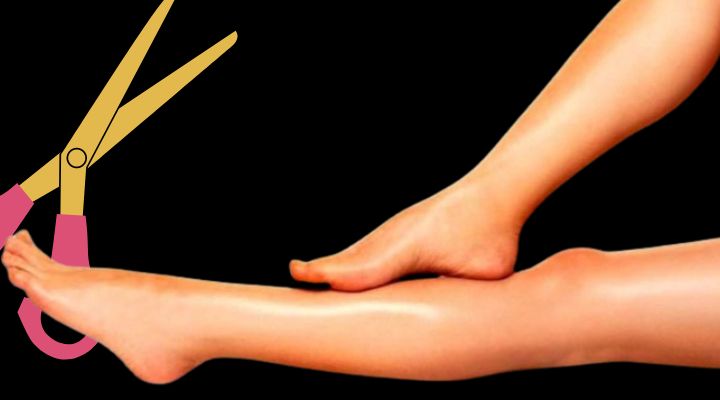Strategy 2: Stay Hydrated
Drinking enough water is essential in reducing water retention. When your body is well-hydrated, it doesn’t need to hold onto excess fluid. Aim for at least 8-10 glasses of water per day, and more if you’re active or live in a hot climate. Herbal teas and water-rich fruits and vegetables can also help keep you hydrated.
Strategy 3: Increase Physical Activity
Engaging in regular physical activity can help reduce water retention by improving circulation and promoting the elimination of excess fluids. Activities such as walking, swimming, and yoga are particularly effective. Strive for at least 30 minutes of exercise on most days of the week.
Strategy 4: Adjust Your Diet
Incorporate foods that help reduce water retention, such as cucumbers, celery, and watermelon, which have high water content. Foods rich in potassium, like bananas and avocados, can also help balance your sodium levels. A balanced diet with plenty of fruits, vegetables, lean proteins, and whole grains is key.







